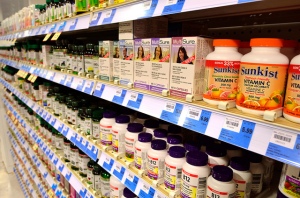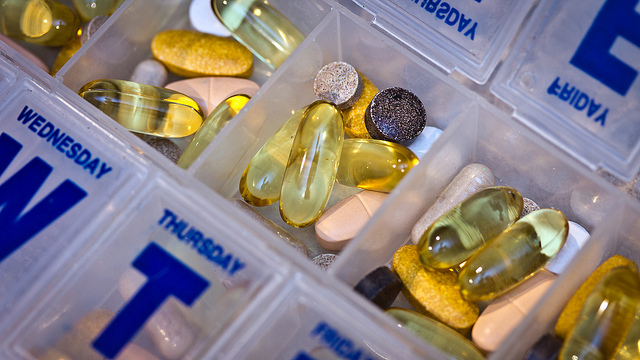
Unsubstantiated claims for natural health products could be a thing of the past in Canada.
I suppose I owe Health Canada some thanks. It was Health Canada’s lackadaisical regulation of dietary supplements and natural health products that turned me from a “shruggie” pharmacist into one that started advocating, publicly, for putting consumers’ interests ahead of those of supplement manufacturers. While health regulations are seemingly created to protect consumers, Health Canada has consistently given manufacturers the upper hand, prioritizing a company’s desire to sell a product over a consumer’s right to a properly regulated marketplace with safe, effective products. It’s now very clear that the Natural Health Products Regulations have led to an industry boom and massive sales, but also a confusing marketplace for consumers and no persuasive evidence that all those supplements have any meaningful effects on our health. Canadian drug store shelves in 2016 are packed with hundreds of products with unsubstantiated claims and untested products, and little credible information to guide selection. Yet all of these products have been reviewed and deemed to be “safe and effective” by Health Canada. Continue reading







 I don’t normally read the freebie newspapers in Toronto as their content is the journalistic equivalent of the lead in the Toronto water supply: both slowly sap your intellect away.
I don’t normally read the freebie newspapers in Toronto as their content is the journalistic equivalent of the lead in the Toronto water supply: both slowly sap your intellect away.
You must be logged in to post a comment.